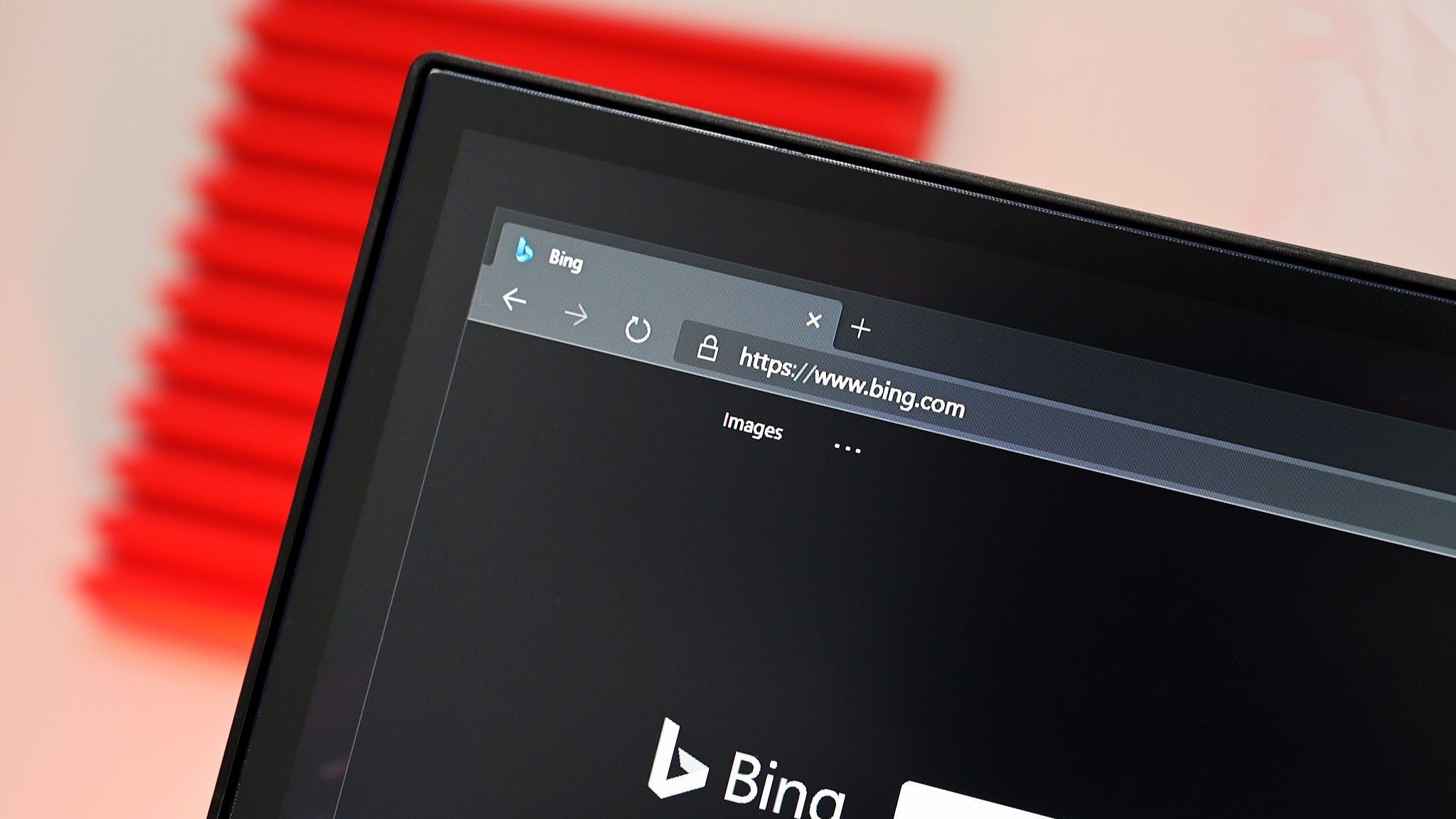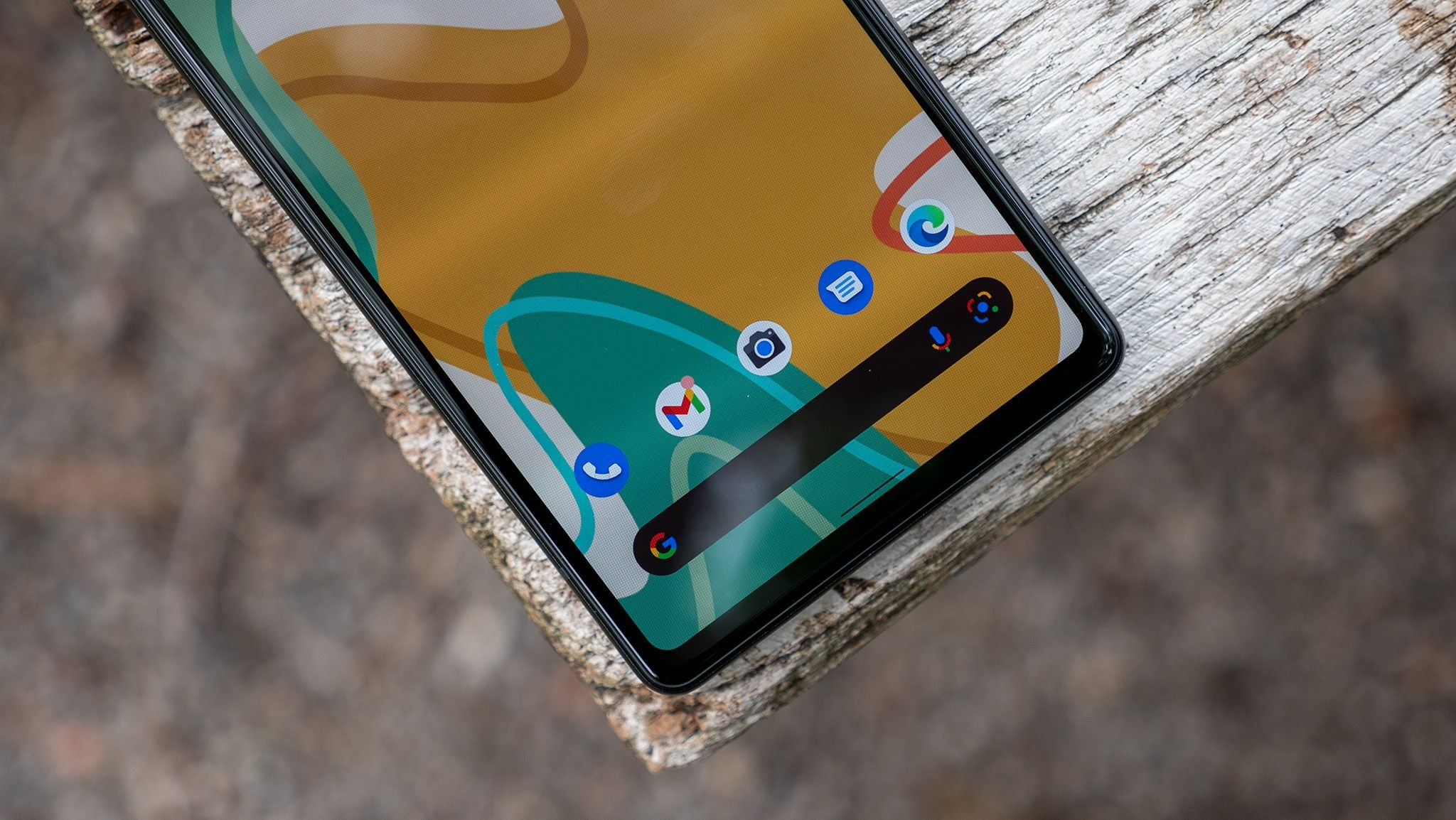
Bing is better than people think, or at least that’s what some said after participating in a study.
This research study, named “Sources of Market Power in Web Search: Evidence from a Field Experiment“, investigates the economic factors behind Google’s significant dominance in the search market.
A noteworthy aspect of the research is its applicability to current legal disputes regarding web searches. One significant point it raises is the fact that a large number of individuals have never utilized search engines other than Google.
In this research study, scholars from Stanford University, the University of Pennsylvania, and MIT devised and conducted an experiment involving approximately 2,500 individuals. The experiment involved compensating participants to utilize Bing rather than Google for a period of two weeks. Following this timeframe, participants were offered the option to keep using Bing or revert back to Google.
Most people opted for Google, but around a fifth persisted with Bing. A few of these individuals who chose to keep using Bing mentioned in a follow-up survey that they were pleasantly surprised by its performance, stating “Bing exceeded my expectations.
According to the study’s abstract:
- Requiring Google users to make an active choice among search engines increases Bing’s market share by only 1.1 percentage points, implying that switching costs play a limited role.
- Google users who accept our payment to try Bing for two weeks update positively about its relative quality, with 33 percent preferring to continue using it.
- After changing the default from Google to Bing, many users do not switch back, consistent with persistent inattention.
As an analyst, I find the third point quite intriguing as it substantiates the rationale behind Google’s decision to pay for its search engine to be the default option on smartphone web browsers. Given that Google is currently embroiled in a court case questioning whether it maintains an anticompetitive monopoly in web search, this point sheds light on one of their strategies to maintain market dominance.
Based on the model applied, it’s predicted that Bing could gain an additional 15% in market share if barriers to choosing a search engine were eliminated and any misconceptions about its performance were addressed.
Is Google a monopoly?

Although the research offers amusement for long-time Bing enthusiasts, it sheds valuable light on the reasons behind people’s preference for Google as their search engine.
Google has recently come under scrutiny from the United States Department of Justice (DOJ).
In the previous year, it was decided by a federal judge that Google’s practice of compensating other companies to set their search engine as the default option on mobile web browsers infringed upon antitrust regulations.
According to a recent court document submitted by the Department of Justice, Google is accused of employing monopolistic strategies, exploiting its stronghold in the search market to gain an advantage in other sectors.
According to the filing, Google is accused of breaking a significant commitment made to both consumers and businesses – the assurance that they can pick from various service providers.
The legal matter remains unresolved, and the Department of Justice’s statements were more like suggestions rather than binding laws. However, Google has expressed dissent towards a filing from April, and as a result, the company is once again facing court proceedings, which resumed on April 21, 2025.
OpenAI might show interest in purchasing Chrome should Google be compelled to offload it, as numerous other entities could potentially have the same intention.
Read More
2025-04-29 20:39